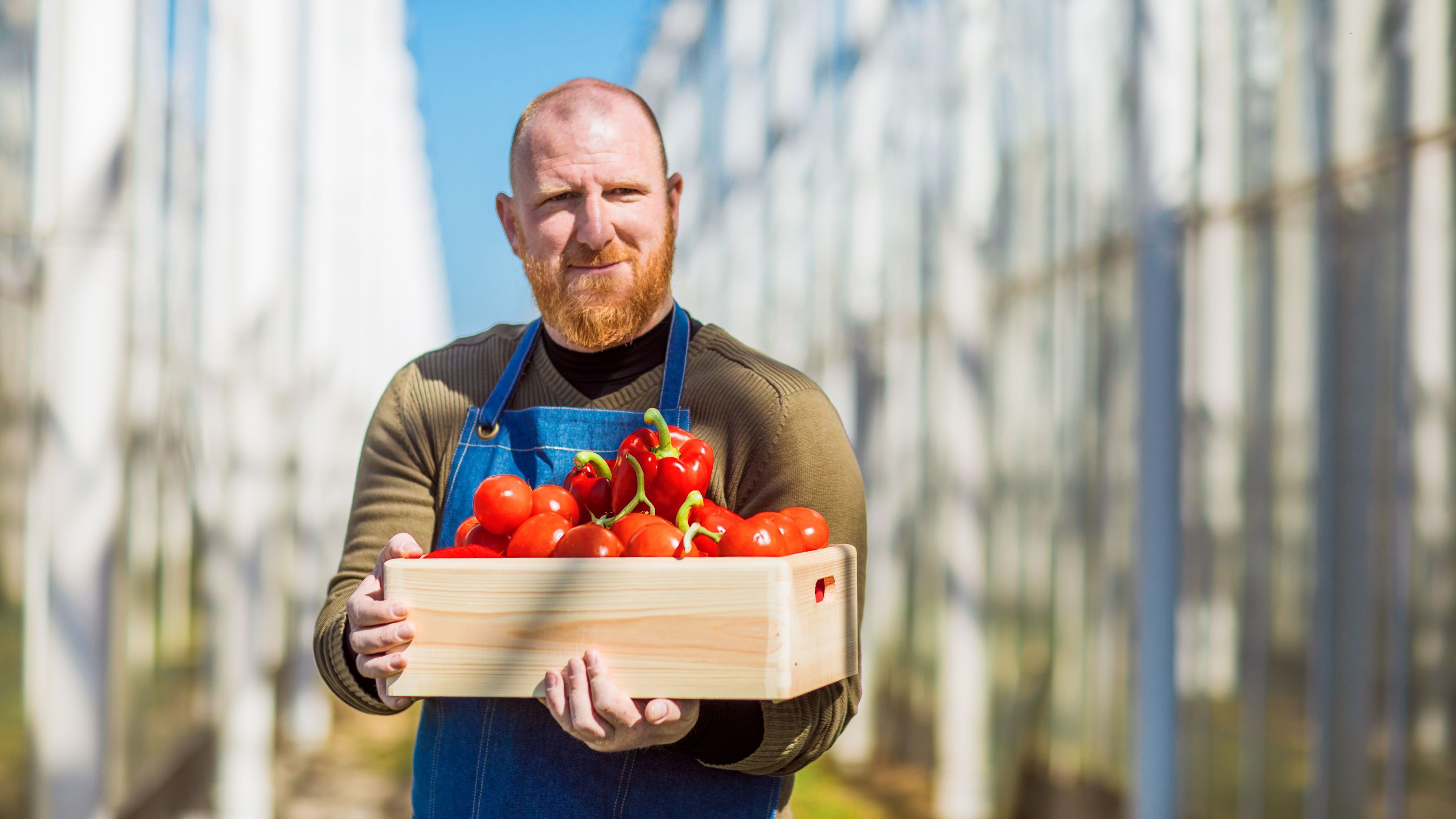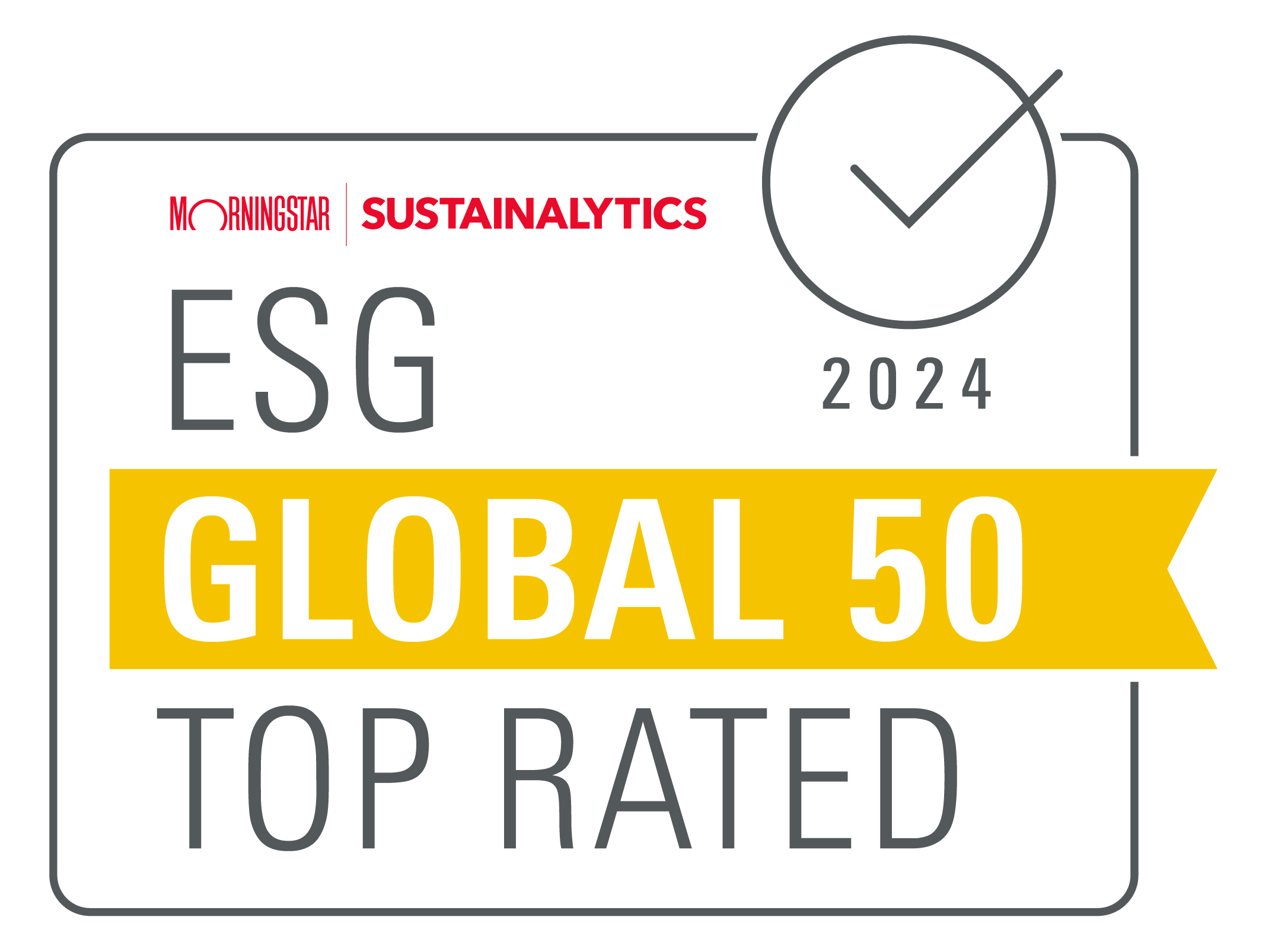4 thought suggestions to get on board!
The ongoing tendency towards healthier food is something we experience as consumers on a daily basis. This positively affects the demand for fresh fruits and vegetables. Supplying these foods in a sustainable fashion is increasingly important. Consumers are becoming more aware of the environmental impact of the products they buy, including the food they eat. Many shoppers want to support sustainable agriculture practices and are willing to pay a premium for products that are grown in an environmentally friendly way.
Several trends within horticulture do support this shift:
Local for local: Locally produced food involving less transport movements becomes increasingly important. The choice for apples from New Zealand if you live in France is no longer the most logical or sustainable choice, consumers understand that…
Biodiversity: Not only is this one of the main focus points of the UN Sustainable Development Goals (SDG’s), it will be in the near future as important as our ‘Carbon Footprint’. Biodiversity is essential to the survival of our planet and therewith mankind. Worldwide agriculture in general has a firm impact on biodiversity. Land use, but also pesticide use are key elements to consider.
Efficient use of water: Agriculture is a major user of water, and improving water efficiency can help reduce the impact of agriculture on freshwater resources. Compared to open field agriculture high tech greenhouses need an impressive 10 times less water to grow the same amount of produce.
Renewable energy: Using renewable energy sources such as solar, geothermal or wind power to run farm operations can help reduce greenhouse gas emissions and make agriculture more sustainable.
Responsible for the carbon footprint of food grown in your greenhouse
Sustainability is no longer something distant. The shift from ‘desirable’ to ‘required’ in sustainably produced food is undeniable. Supermarkets may require a C02-footprint certificate for all fresh grown foods in the nearby future, either driven by consumers, or by law. Anticipating for this as an organisation is the smart choice going forward. Investment choices made now will be deciding factors for the future success of all growers. But what are the practical and available options, specifically in horticulture?
Check your pesticide use: With EU legislation expected requiring a 50% reduction of crop protection, reducing synthetic pesticides, which negatively influence biodiversity, is a necessity. Using biological alternatives instead and adding netting solutions to your greenhouse, eliminating or bringing your pesticide use down, are major steps forward.
Preserving energy: Reducing the amount of fossil energy used also reduces the depletion of our planet. Smart sustainable solutions available can be adding insulations panels to spaces that do not require sunlight and adding (additional) energy screens to your facility. Such investments can bring your energy bill down by up to 70% and contribute positively to the CO2-footprint of your produce. Of course replacing fossil fuels by sustainable solutions such as solar or geothermal energy also has a massive impact on your footprint.
Water saving: Fresh water is getting more scarce in many regions due to changing climates. It is therefor important to use less of it, and to use the water that you need wisely. Making sure you collect the water after use, clean it and reuse it again is one way to conserve. Gutters systems & substrate use are solutions that allow this. Smart dripping systems, supplying no more than the crop actually needs, is another contributing option.
Green produce from a green greenhouse: In determining the footprint of your produce one needs to start measuring from the place it originates from. In case of horticulture that will be your greenhouse. How is your facility produced? Is the steel or aluminum construction manufactured sustainably? What about your roof covering? Is it glass or is it plastic and does it need to be replaced often? Your footprint starts there.
Determining your footprint and biodiversity impact: Burden or opportunity?
All you add to your produce, from the origin of your greenhouse onwards, counts towards the footprint you can communicate with your consumers. This can be perceived as a burden, but you can also see it as a major opportunity. Now is the time to shift your operations and stay ahead of the competition. It is wise to get on board right away if you were not already actively making these smart choices!
About BOAL
At BOAL Group we can help you direct your business towards a more sustainable way. Our sustainability advisors are happy to inform you on various topics such as insulations options, solar options for horticulture, netting solutions, climate screens, sustainable greenhouse constructions, water management. Please contact BOAL to make an (digital) appointment: communication@boalgroup.com
BOAL Group & Sustainability
At BOAL Group we firmly believe it is our responsibility to be an honest, sustainable and socially responsible enterprise. Our ESG-strategy (Environment Social & Governance) includes the demands of the present time, whereby we continuously measure our progress and adjust where necessary. This guides us in staying future proof and gives us a competitive advantage.
BOAL is proud to announce that it has earned a top 50 ESG rating among 15.000 companies worldwide for 2023. At the same time BOAL received the best rating of all companies in its category worldwide.

